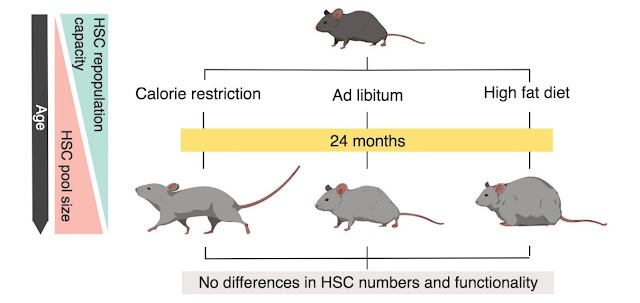New Investigators Committee Recap of the 2018 ISEH Annual Meeting in Los Angeles
A Recap from Heather O'Leary and the 2017/18 New Investigators Committee ISEH is known for providing its attendees and trainees with not only great science but also many sessions to enhance networking, career evolution and technology knowledge. This article gives an overview of some of the highlighted sessions from the annual meeting, in case you missed them, as well as providing an introduction to our most recent webinar ! Technology Session: This year, the New Investigators Technology Session focused on new advances in whole-tissue imaging and how this technology will revolutionize the way we can study the microenvironment in hematological research. Where do HSCs localize? How is the cellular HSC niche organized? Or, does HSC localization and niche composition change upon aging? This session first featured Sandra Pinho from Paul Frenette’s laboratory (Albert Einstein College of Medicine) and Mehmet Sacma from Hartmut Geiger’s team (Universität Ulm and Cincinnati Child...




